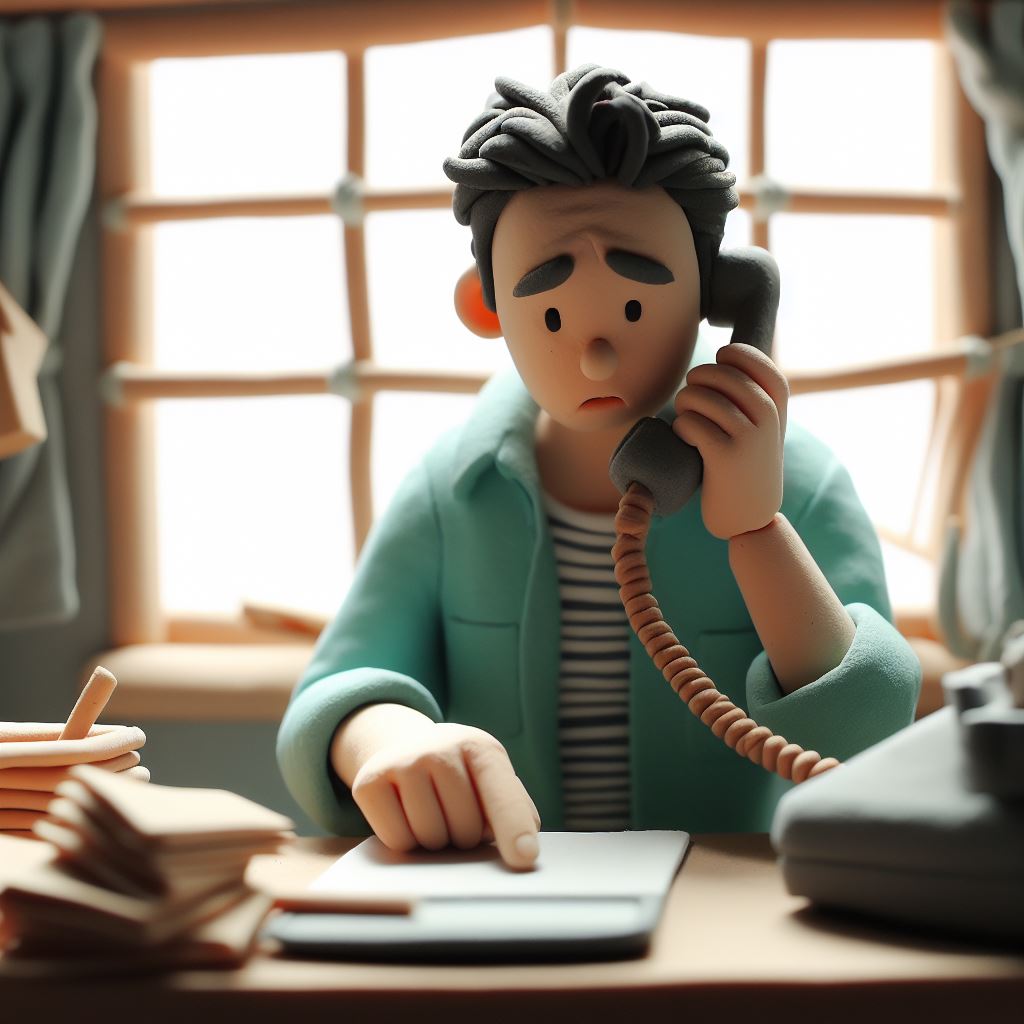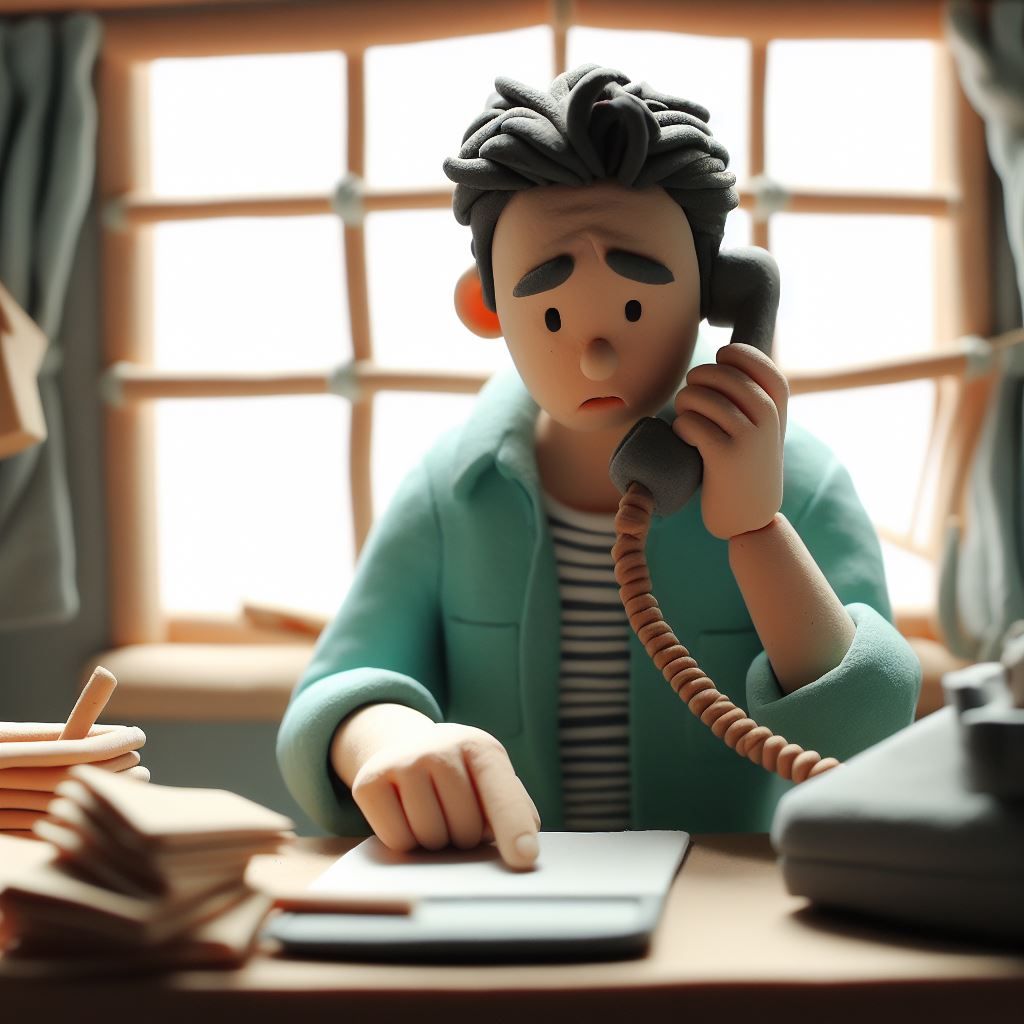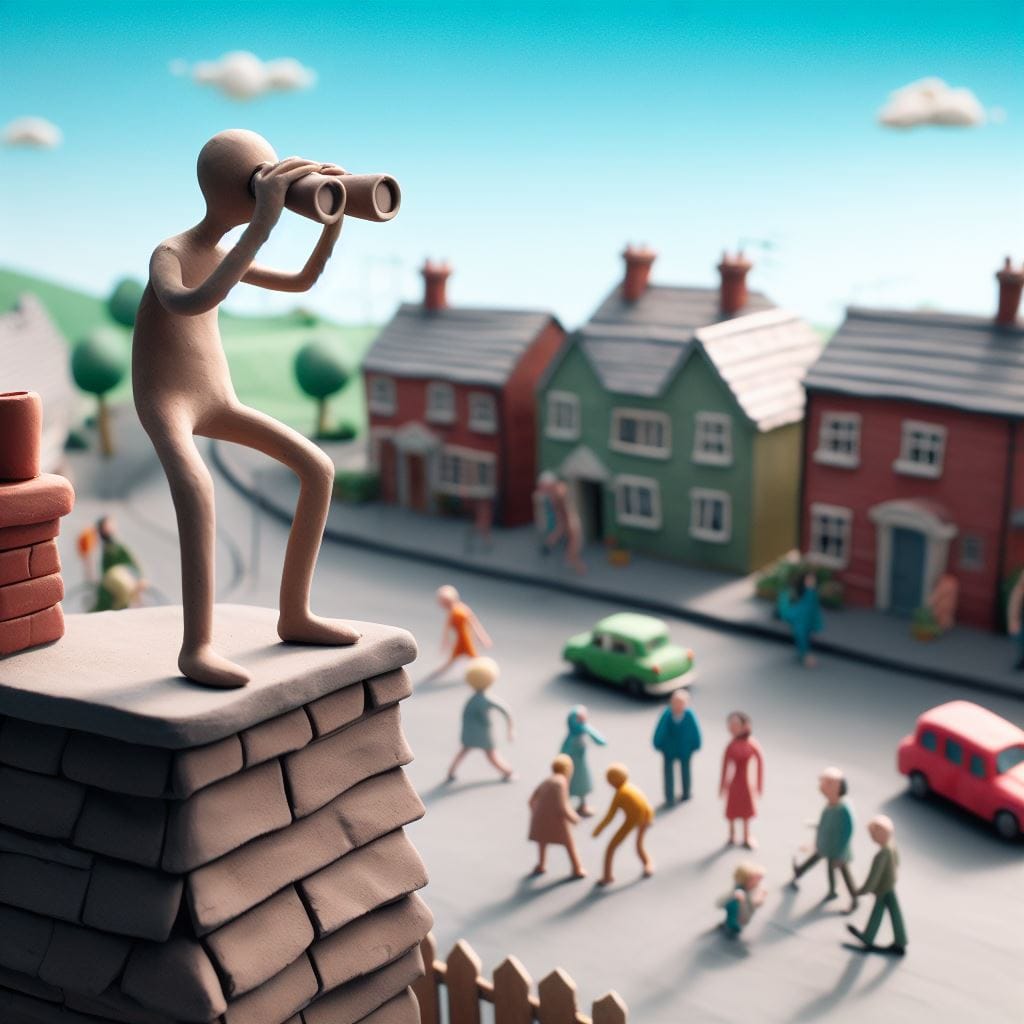Part of our misbelief in things comes from the gap between our confidence and what we really know. Confronting that can prove exciting.


I was in my first testing job when a former coworker recommended me to another job. He thought I was bright and a good tester and so he gave the hiring manager my number. Iíd been doing this testing thing for a year and was convinced it was easy. What else was there to know? But if I could make more money, well then I would do that.
I went into the interview with a high level of confidence. The first question the interviewer asked me was to give an overview of what I worked on. He wanted to know more about the details behind our work: what systems we had, what kind of database and how we tested. I drew a blank. I knew what I worked on and how I tested but I didnít know how to take a step back and describe how the larger systems worked. All I can remember about the rest of the interview was disappointment on both sides of the call.
Shortly after I called my coworker to apologize for bombing. I knew a lot about what I was working on day in and day out and yet I couldnít explain what I was doing to a stranger.
Why did I think I knew more than I actually did?
I was recently listening to a podcast with behavioral economist, Dan Ariely. He was talking about the relationship between confidence and knowledge and it's contribution towards misbelief. It reminded me of this situation.
Ariely started talking about a bias called The Illusion of Explanatory Depth. The example in the podcast episode goes:
Ariely asks a group people do you understand how a toilet flush works? Everyone said yes of course they do. Flush the toilet and the poop goes away.He says great, now here are the pieces to an unassembled toilet, can you please assemble it? No one in his group can do it.He goes back to them and says, how much do you understand about how a toilet flush works? Everyone says, not very much.What changed?
The participants had to confront their lack of knowledge during the task to assemble a toilet. They quickly had to accept their toilet knowledge wasn't deep. Thatís exactly what happened to me during that interview.
In real time I began to understand how little I knew about the work I was doing. Talk about a good lesson to learn early in your career. Now I learn as much I can about the systems involved in my testing. As part of my learning process I practice explaining what I'm working on and how those systems work. Chances are if I can explain how a system works, I can also better comprehend the problems it might create.
It's interesting to think about how much of our accumulated knowledge in life is based on a feeling rather than demonstration. I feel like I understand how the US economy works or why high housing costs cause problems. I don't know if I could prove it to you.
It's tempting to be cautious given this bias. It's also exciting to want to prove I know things by closing the gap between my confidence and knowledge.
















